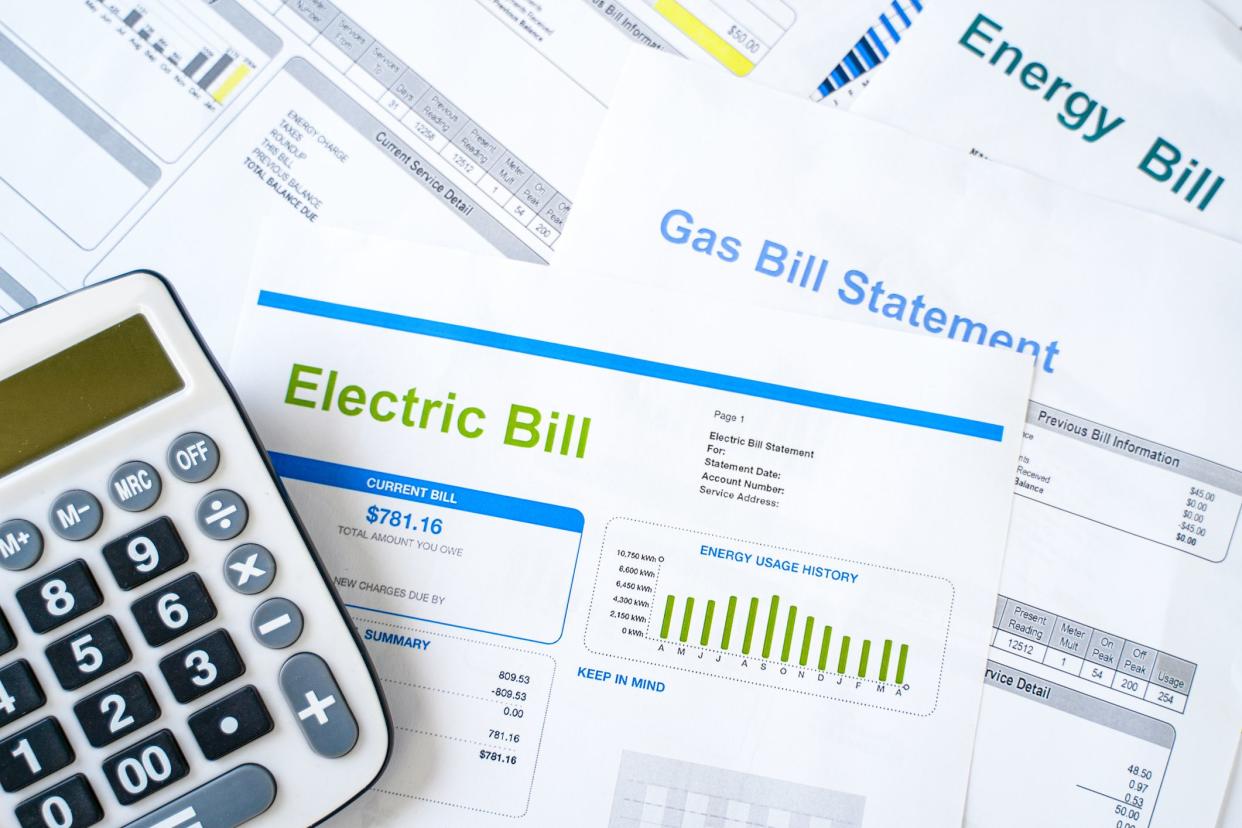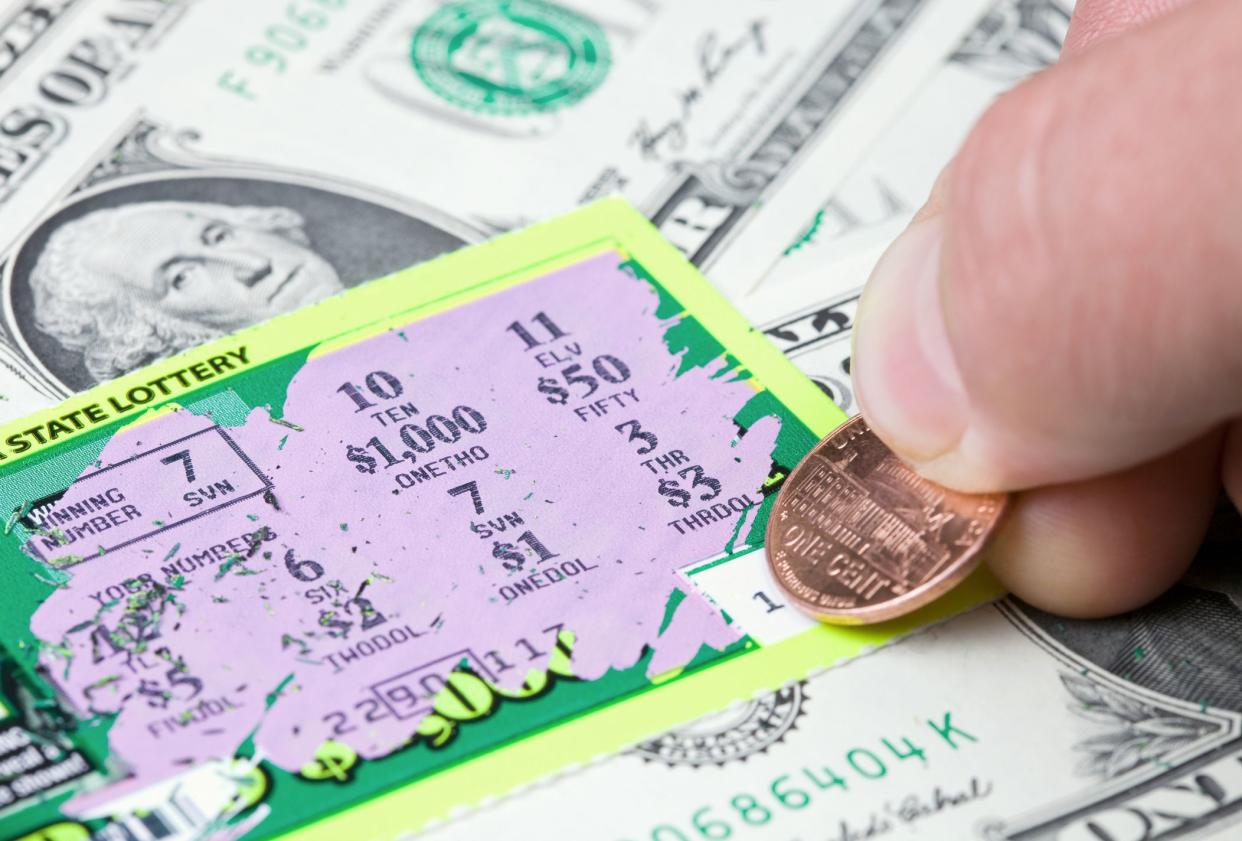The 10 Most Annoying Types of Spam Calls Americans Receive

Scam Alert
If you're often getting sketchy calls from unknown numbers, you're not alone. Spam calls are a common nuisance for Americans — with millions of complaints recorded each year. According to a study by QR Code Generator (pdf) using data from the U.S. Federal Trade Commision (FTC), these calls vary from imposters pretending to be government officials to aggressive sales pitches for "limited-time" vacation deals or timeshares.
Other calls, including those related to warranties, protection plans, and medical offers, are also common. On top of being incredibly annoying, the sheer volume and deceptive nature of these calls can lead to financial losses and emotional distress.
Here are the 10 most common types of spam calls in the U.S., plus tips on how to avoid falling prey to them.

1. Imposters
Imposter calls are the most complained-about spam calls — with 289,048 complaints — making up 33% of the total. These calls often involve scammers pretending to be government officials, family members, or representatives from legitimate companies. Their goal is to create a sense of urgency and trick recipients into providing personal information or money to settle phony bills or other fictitious settlements.
To avoid falling prey to these types of calls, remember to remain alert and vigilant. Never share personal or financial information over the phone unless you can verify the caller's identity. If the call seems suspicious, hang up and block the number.
Related: 10 Area Codes You Should Never Answer (Plus Other Tips)

2. Warranties and Protection Plans
With 203,810 complaints (23%), spam calls about warranties and protection plans snag the second spot for most annoying. These calls typically involve offers to extend or renew warranties for vehicles, home appliances, or electronics. Often, the calls use high-pressure tactics or pre-recorded messages to convince recipients that their existing warranties are about to expire, and convince them to buy the fake services.
Related: Are Extended Warranties Worth It? Frugal Redditors Say No

3. Medical and Prescriptions
Medical and prescription-related spam calls have generated 137,212 complaints, accounting for 15% of the total, the data shows. These calls may offer discounted medications, medical devices, or health insurance plans. But these offers are fraudulent and aim to steal sensitive health information or money. The exploitation of health concerns makes these calls especially unethical and distressing.
Related: Watch Out for These Scams Targeting Seniors

4. Reducing Debt
Calls about reducing debt are another significant source of spam calls, accounting for 128,831 complaints (15%). These calls promise to help lower or eliminate credit card debt, student loans, or other financial burdens. But they typically involve scams that charge upfront fees for services that are never delivered. These practices, which tend to prey on individuals struggling financially, make them all the more infuriating.
Related: Mistakes to Avoid When Paying Off Debt

5. Energy, Solar, and Utilities
Spam calls promoting energy, solar, and utility services have led to 55,147 complaints, accounting to 6% of the study. These calls, which often pitch solar panel installations, energy-saving products, or alternative energy plans, aim to lure customers with promises of hefty savings on their utility bills. While some offers may be legitimate, many are scams that overpromise and underdeliver.
Related: 8 Bills You Should Never Put on Autopay

6. Lotteries, Prizes, and Sweepstakes
If you've ever gotten the call from a "Nigerian prince" promising to share a vast fortune with you, then you know the drill. Lotteries, prizes, and sweepstakes-related calls tie for the sixth spot, with 15,662 complaints (2%). These calls lure recipients with promises of winning money, vacations, or other prizes. To claim their supposed winnings, victims are usually asked to pay fees or provide personal information.
Related: Why You Should Never Play the Lottery

7. Home Improvement and Cleaning Services
Home improvement and cleaning spam calls tied for the sixth spot, with 15,149 complaints, or about 2%. These calls offer services like roofing, siding, HVAC repairs, or deep cleaning. Scammers often use these calls to pressure homeowners into paying for expensive or unnecessary services. The persistent and aggressive nature of these calls makes them particularly irritating.

8. Computer and Technical Support
Computer and technical support scam calls generated 14,928 complaints, accounting for 2%. These calls, which sometimes claim to be from legimate tech companies like Microsoft or Apple, warn users of fake security issues or viruses. Victims are often encouraged to grant remote access to their computers in order to fix the problem. This can then result in hacking, data theft, or even blackmail in extreme cases.

9. Vacation and Timeshares
Calls about vacation packages and timeshares, with 13,592 complaints (also 2%), are another ruse that pesky scammers love. These calls, which tend to promote highly-discounted vacations, travel deals, or timeshares, are designed to prey on our desire for affordable travel. But most of the time, they turn out to be outright scams or high-pressure sales tactics designed to coerce you into making impulsive decisions.
For more smart, money-saving tips, sign up for our free newsletters.

10. Work From Home
Though work-from-home and remote job opportunities aren't as common, the FTC still received 7,379 complaints,accounting for about 1% of the study. These calls tend to advertise lucrative remote job offers, but will often require an upfront investment for training or materials. Many of these scams are designed to exploit individuals who seek flexible work roles, leading to financial losses and dashed hopes.

11. Home Security and Alarms
Finally, home security and alarm system calls tied with work-from-home scams for the tenth spot, with 4,824 complaints (1%). These calls offer alarm installations or security system upgrades, often at a "limited-time" discount. Scammers use these calls to gain access to homes or charge exorbitant fees for subpar services. The exploitation of safety concerns makes these types of scams particularly insidious.

Other Tips to Keep in Mind
As annoying as these scam calls can be, you can stay one step ahead of them by staying vigilant and taking extra precautions. Always be skeptical of unsolicited calls, especially those that ask for personal or financial information. Use caller ID and let unknown numbers go to voicemail. You can also report any suspicious calls to the FTC to help authorities track and combat these scams.
Lastly, remember that government agencies like the Internal Revenue Service (IRS) and other legitimate organizations will never pressure you into making immediate decisions or provide sensitive information over the phone.
This article was originally published on Cheapism

